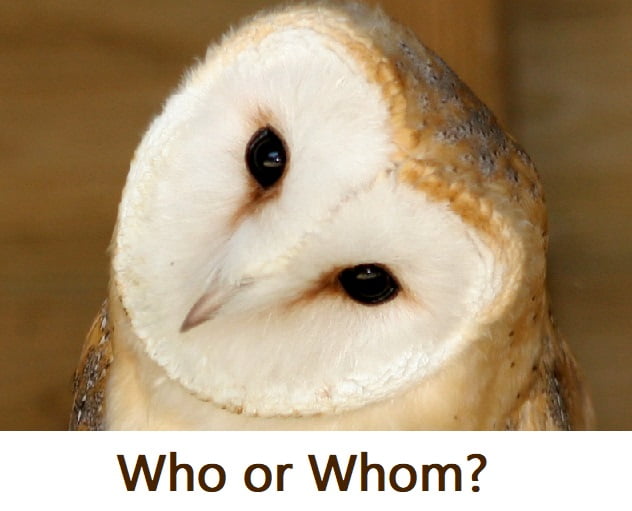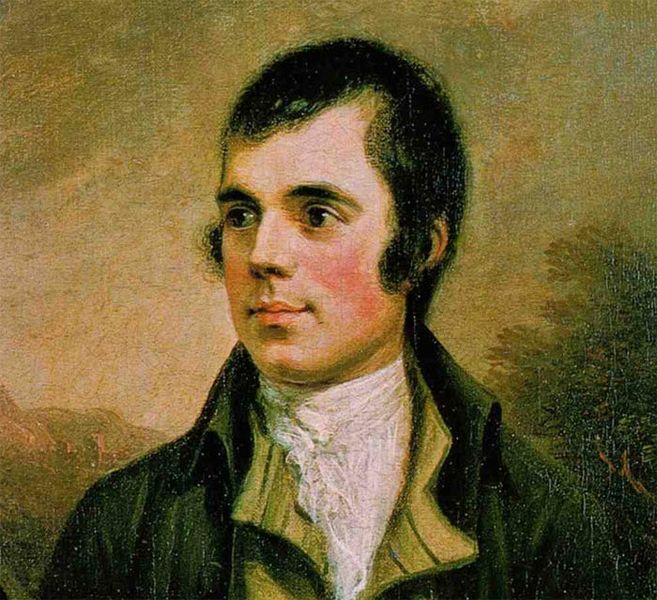What is the difference between ‘who’ and ‘whom’ – and how do you know which to use? This grammar question has stumped many native English speakers, so it is no surprise that non-native speakers find it difficult.
‘Whom’ is used to refer to the object of a preposition or verb. But how does this work with real life examples? Read on for an explanation of the grammar behind ‘who’ and ‘whom’. We’ll explore common misconceptions surrounding the ‘who or whom’ debate and provide useful example sentences showing when to use ‘who’ and ‘whom’ – and when it’s a personal choice. Continue reading


![1. Prince Harry and Meghan Markle on Christmas Day 2017 by Mark Jones [CC BY 2.0], via Wikimedia Commons Prince Harry and Meghan Markle - Wedding Vocabulary](http://www.myenglishlanguage.com/wp-content/uploads/2017/11/prince-harry-meghan-markle2.jpg)

![1. Native American in ink by wsilver via Flickr (https://www.flickr.com/photos/psycho-pics/6213458510) [CC BY 2.0] Native American in ink](http://www.myenglishlanguage.com/wp-content/uploads/2017/10/native-american.jpg)

![1. Wimbledon centre court by Spiralz from England (5.46pm ~ Centre Court) [CC BY 2.0 (https://creativecommons.org/licenses/by/2.0)], via Wikimedia Commons](http://www.myenglishlanguage.com/wp-content/uploads/2017/07/wimbeldon-court.jpg)
![1. George Michael by Frantogian [CC BY-SA 4.0 (https://creativecommons.org/licenses/by-sa/4.0)], from Wikimedia Commons](http://www.myenglishlanguage.com/wp-content/uploads/2016/12/george-michael.jpg)


